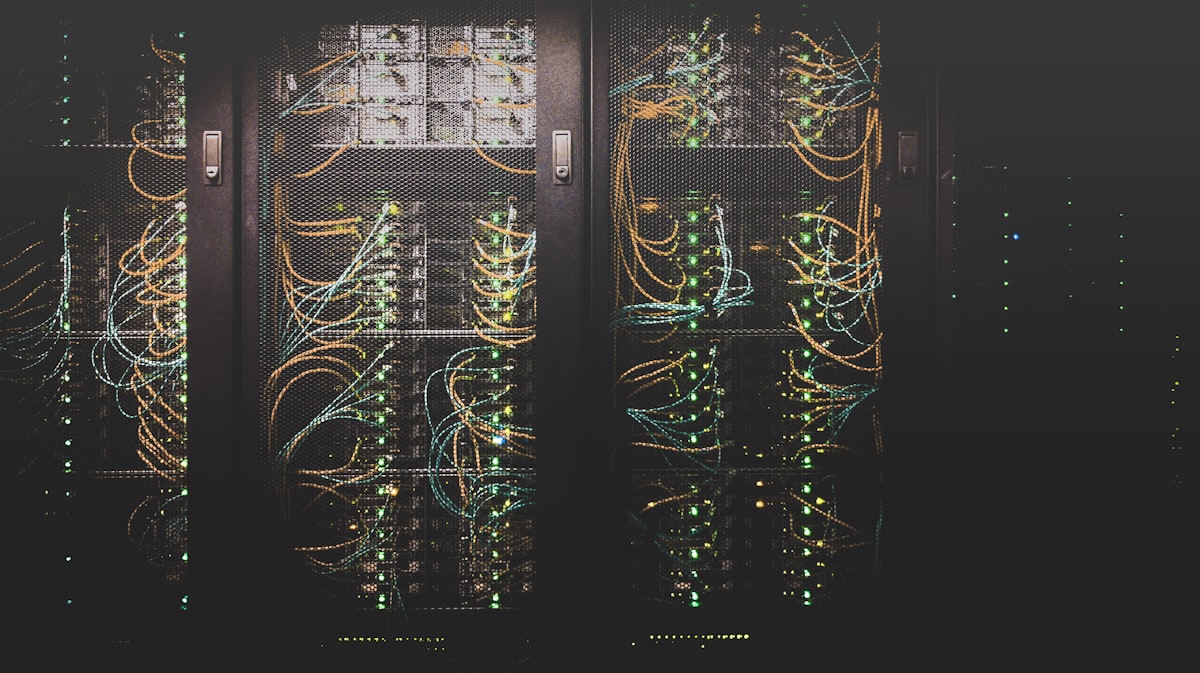In the dynamic landscape of web hosting, stability, security, and performance are paramount concerns for website owners, hosting providers, and system administrators. CloudLinux emerges as a powerful operating system designed to address these challenges by providing innovative solutions for server stability, resource management, and security enhancement. Let’s delve into what CloudLinux is, its key features, and why it’s a game-changer in the hosting industry.
What is CloudLinux?
CloudLinux is a commercially supported Linux distribution tailored for web hosting providers, data centers, and enterprises hosting multiple websites and applications on shared servers. It is based on the CentOS/RHEL (Red Hat Enterprise Linux) operating system and includes proprietary technologies that enhance server stability, isolate tenant resources, and improve overall security. CloudLinux is specifically designed to address the challenges associated with shared hosting environments, where multiple users share server resources and may impact each other’s performance and security.
Key Features of CloudLinux:
- Kernel-Level Virtualization: CloudLinux utilizes kernel-level virtualization technology to isolate tenant resources and ensure fair resource allocation among users sharing the same server. This prevents a single user or website from monopolizing server resources, leading to improved server stability, performance, and reliability for all users hosted on the server.
- LVE (Lightweight Virtual Environment): CloudLinux introduces the concept of Lightweight Virtual Environment (LVE), which allows hosting providers to define resource limits and constraints for each user or account hosted on the server. LVE ensures that users cannot exceed their allocated resources, such as CPU, memory, and I/O, thereby preventing resource abuse, slowdowns, and server crashes caused by resource contention.
- SecureLinks: CloudLinux includes SecureLinks, a security feature that enhances website security by preventing symbolic link attacks and unauthorized file access within shared hosting environments. SecureLinks restricts users’ ability to create symbolic links to files or directories outside their own account, mitigating the risk of privilege escalation and unauthorized access to sensitive data.
- CageFS: CageFS is a virtualized file system that encapsulates each user’s files, processes, and system resources within their own isolated environment. CageFS prevents users from viewing or modifying files belonging to other users, enhancing server security and protecting against potential security vulnerabilities and data breaches.
- KernelCare: CloudLinux offers KernelCare, a live patching service that provides automated kernel updates without requiring server reboots. KernelCare applies security patches and bug fixes to the Linux kernel in real-time, ensuring continuous uptime, minimal disruptions, and maximum security for servers running CloudLinux.
- Imunify360: Imunify360 is a comprehensive security solution offered by CloudLinux, designed to protect web servers from various types of cyber threats, including malware, viruses, DDoS attacks, and brute-force attacks. Imunify360 employs advanced machine learning algorithms, heuristics, and signature-based detection techniques to identify and mitigate security threats in real-time, safeguarding servers and websites from compromise.
Why Choose CloudLinux?
CloudLinux offers a compelling solution for hosting providers, data centers, and enterprises seeking to enhance server stability, security, and performance in shared hosting environments. By leveraging innovative technologies like LVE, CageFS, SecureLinks, and Imunify360, CloudLinux provides a robust and reliable platform for hosting multiple websites and applications on shared servers, ensuring optimal uptime, security, and user satisfaction.
In conclusion, CloudLinux represents a significant advancement in web hosting technology, addressing the unique challenges of shared hosting environments and empowering hosting providers to deliver stable, secure, and high-performance hosting services to their customers. By deploying CloudLinux, hosting providers can optimize server resources, mitigate security risks, and differentiate themselves in a competitive hosting market, ultimately driving business growth and customer loyalty.
Source : CheapCpanel







